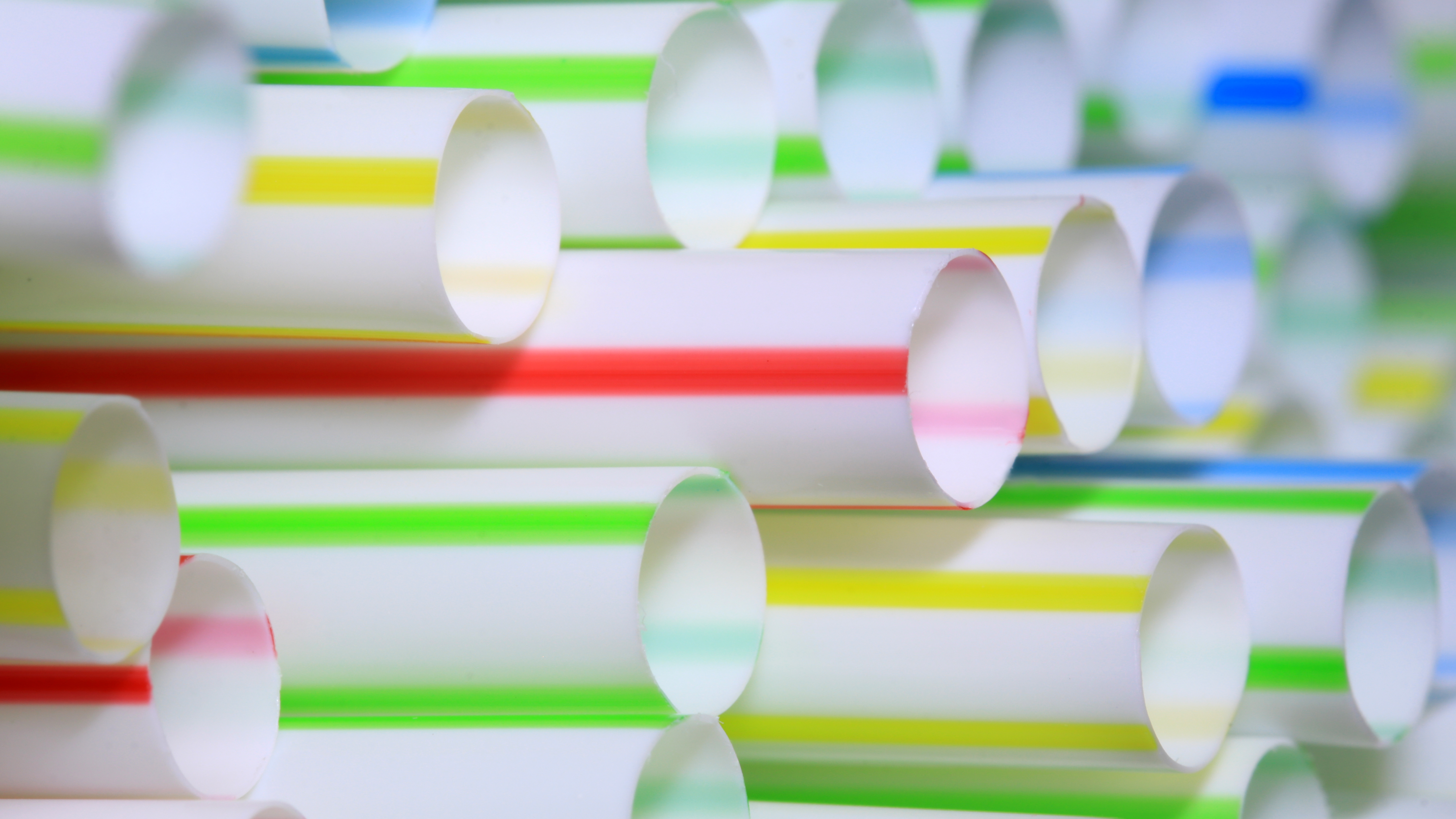McDonald's Testing Plastic Straw Alternatives; Ikea And Others Phasing Them Out Entirely
The movement to reduce or eliminate the use of plastic straws has been picking up steam, as evidenced by a pair of stories this week: first, that McDonald's will begin testing alternatives to plastic straws in some U.S. restaurants this year; second, that Ikea, SeaWorld, and Royal Caribbean have all vowed to stop using plastic straws and plastic bags.
Last month, McDonald's shareholders "overwhelmingly voted down a proposal to study alternatives to plastic straws," the Chicago Tribune reports, because the company advised them that such an effort was already underway. From the Tribune:
The Chicago-based fast-food chain also said it was rolling out paper straws in all 1,361 restaurants in the U.K. and Ireland by next year, and will test other options in markets globally... McDonald's said it has begun testing alternatives to plastic straws in Belgium, and will try other options in France, Sweden, Norway and Australia.
Because of its massive size, the global hamburger chain can effect significant change in the supply chain, as it did when it announced it would use eggs only from cage-free hens. McDonald's previously announced a goal to source all of its packaging from renewable, recycled or certified sources by 2025.
Last Thursday, reports the Washington Post, SeaWorld Entertainment announced that it had removed "all single-use plastic drinking straws and single-use plastic shopping bags" at each of its 12 theme parks. Royal Caribbean Cruises released a statement on the same day that it plans to remove plastic straws from its fleet by 2019, adding that its ships have used a "straws upon request policy" for over a year. The statement goes on to say that the program "will be taken a step further by the start of 2019, when guests requesting a straw will receive a paper straw instead of a plastic one."
Ikea's plans will take longer. The Post reports that the retailer will "no longer hand out plastic straws or bags" by 2020. The company's sustainability manager, Lena Pripp-Kovac, told the Post that in the future, Ikea "will design all products from the very beginning to be repurposed, repaired, reused, resold and recycled."
The movement behind the push to ban straws (and bags) centers on the damage done to the environment. Plastic straws are difficult to recycle, often winding up (with plastic bags) in the ocean, where they can do damage to the environment as well as whales, turtles, and other sea creatures. Some disability rights activists have argued that plastic straws are an essential tool for people living with disabilities—existing alternatives can either fall apart (paper straws) or can cause injury (metal or wooden straws). The Royal Caribbean's "straws upon request" policy, which is similar to a policy implemented by the Chicago White Sox, may be the best possible compromise until a sturdy, biodegradable, safe option comes around for those who need to use straws in their daily lives.
If you don't need to use straws, however, it's probably best to start getting used to life without them.
